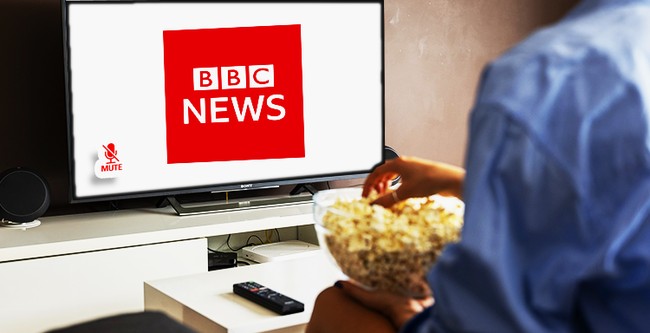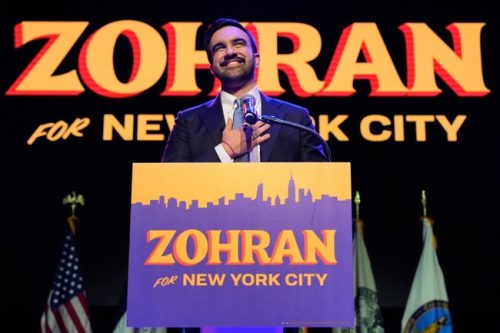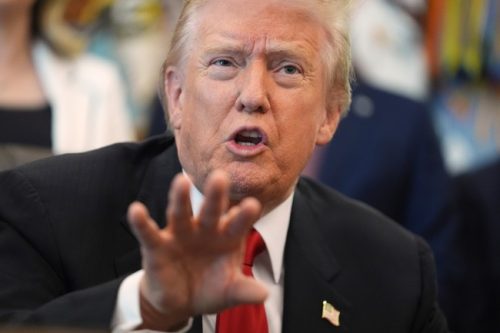BBC coverage of the Israel-Hamas war and recent editing controversies have reignited questions about the broadcaster’s judgment, with critics pointing to 215 corrections, whistleblower dossiers, and examples of reporting that downplayed Israeli suffering.
Fresh criticism over the BBC’s edited use of a January 6, 2021, speech by President Trump has pushed the outlet back into the spotlight. The episode, which the former president called deceptive and defamatory, is part of a larger credibility problem that conservatives have been warning about for years.
In the two years since the October 7 Hamas attacks, mistakes and misleading framing have piled up. The network has been forced to issue an average of two corrections per week after publishing stories that presented Israel in a hostile or dehumanizing light, and that pattern matters for public trust.
According to The Telegraph: “BBC Arabic has had to make 215 corrections and clarifications over the past two years on stories that were found to be biased, inaccurate or misleading.” That is not a trivial tally. When a taxpayer-funded outlet racks up that many revisions, callers for stronger oversight are reasonable and necessary.
A whistleblower produced an 8,000-page dossier alleging biased coverage inside the broadcaster, saying staff had chosen to “minimise Israeli suffering” in ways that painted Israel as the aggressor. Those are strong claims coming from inside the organization, and they demand independent review separate from the BBC’s internal teams.
While BBC Arabic rightly continues to receive condemnation from politicians from all sides of the House for its repeated breaches of BBC guidelines and its flagrant anti-Israel bias, the BBC’s ECU considers it to be entirely blameless.
The ECU is turning a blind eye to bias within BBC Arabic. We need an independent complaints process because the BBC simply cannot be trusted to mark its own homework.
There are concrete examples that fuel the broader charge of slanted coverage. In one case a Hamas terror attack at a railway station in Jaffa that killed seven Israeli civilians was framed differently by BBC Arabic, which reportedly characterized the action as a military operation and did not make clear that civilians had been targeted.
Another instance in January saw BBC Arabic describe the Al-Qassam Brigade as “guarding” the Israeli hostages and “responsible for securing the hostages,” language that softens the reality of captivity. Word choices like that change how audiences perceive accountability and culpability in a conflict where clarity matters for policy and public opinion.
This report exposes the scale of misinformation spread by BBC Arabic in its coverage of the Israel-Hamas war and the rise in anti-Semitism across the West.
Since the Hamas massacre on Oct 7, BBC Arabic has issued 215 corrections after we flagged stories that were inaccurate, misleading, or biased.
Yet when our complaints are rejected and we appeal to the BBC’s internal watchdog, the Executive Complaints Unit, the outcome is predictable: the ECU sides with BBC Arabic.
The ECU’s own view of ‘due accuracy and impartiality’ is far removed from any reasonable understanding of honest journalism.
From a conservative perspective, the BBC’s record here is a warning about the risks of state-funded media. When a broadcaster relies on public money and then repeatedly publishes items that require correction, taxpayers have every right to question whether their cash is supporting fair reporting.
Government funding creates incentives and institutional pressures that are hard to escape, and those pressures often nudge outlets toward certain viewpoints. If the public wants media that answer to readers and viewers, not to bureaucratic funding streams, then models that reward audience accountability deserve attention.
Calls for an independent complaints mechanism are not about silencing reporters; they are about ensuring checks and balances. When internal watchdogs clear problematic reporting and errors continue to mount, outside scrutiny is the logical next step to restore confidence.






